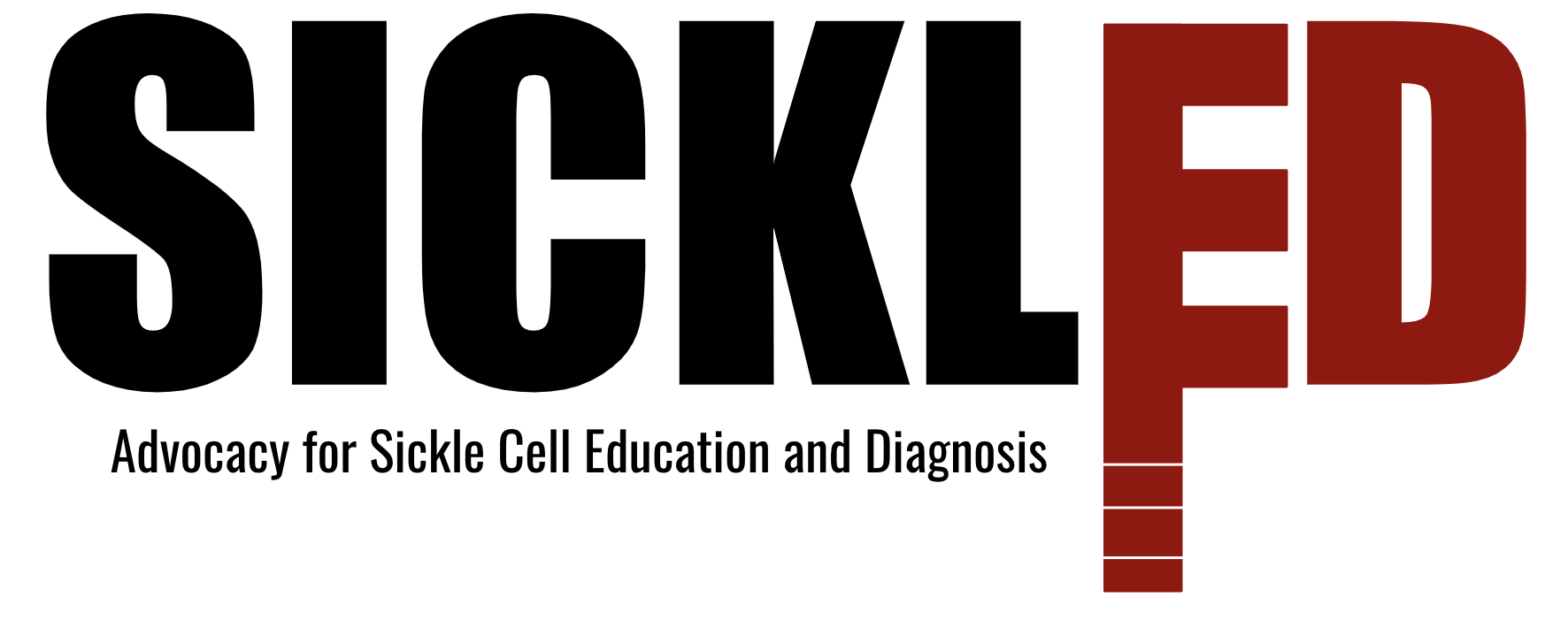Day 10 was more of an office day. The team needed to regroup and think through some of the collected data. Although the team has made some significant strides in building a network for dissemination of educational materials in Sierra Leone, there’s been a lack of clarity on what our specific research focus is. We know we want to target education, and we have been doing so in our interviews, but we were lacking a clear idea on what we will be doing with these interviews. In other words, we were unsure of what the presentation of this research would look like in the fall. To resolve this, we had a team meeting with Professor Cheng at World Hope, where we discussed some potential metrics we could measure through interviews. From there, we decided that we needed to refine our IRB questions and make them slightly more specific to get the responses we needed. We also talked about some of the information on the workshop slides and how we plan to move forward with them. Later that afternoon, Joe Sesay visited the World Hope Office so that we could get him on video for our educational series.

On day 11, we were scheduled to give a presentation to a group of doctors at Makeni General Hospital, the largest public hospital in the city. Unfortunately, shortly before our meeting, we were informed that the head of hospital and the majority of the doctors were away for a conference, and wouldn’t be available for our workshop. Slightly disappointed, the group traveled back to the World Hope Office to brainstorm other avenues of productivity. Meeting with Dr. Cheng the previous day and unveiled just how important it was to get interviews from all types of healthcare workers, not just doctors, so we asked Jawara for a list of PHUs in the area that we could pop by to do some interviews.

Half an hour later, we found ourselves at Yoni CHP interviewing two of the nurses there. We were excited to use our new interview questions, and Dr. Cheng certainly led the way. The interview covered all of the essential information we wanted to know: protocols regarding suspected malaria vs. SCD, staff education regiments, population health statistics, and health talk schedules. We even hope to attend a community health talk this weekend! Also, the head nurse revealed to us that her daughter is a SCD victim, and was diagnosed only recently, due to a lack of hospital resources, after 15 years of crises and discomfort. But despite having SCD, she was able to attend school and excel. After hearing the nurse’s story, we asked about any home remedies that might have been used. The nurse told us that the rope and bandage tying method was commonly used during crises, and in the cold months, staying under warm bed sheets helped to stave off pain. We did not want to interject and mention that the rope tying was potentially dangerous, but we were hoping the doctors who made the diagnosis would do more to combat these myths.


After visiting Yoni, we made our way to Panlap PHU, and we had the opportunity to meet with the CHO there. He provided us with really helpful insight in how the referral system works and how community health talks are conducted. We also got some helpful snaps of their data tabulation method. However, he mentioned that the SCD rate in the region is relatively low, as he only refers 1 to 2 SCD patients to Makeni General every 6 months. He did concede, however, that if there were rapid tests that number would most likely increase.

We also learned about community health education that is often received by CHOs and nurses. There is actually a specific class that covers skills regarding community outreach, communication, and population health. The CHO then provided further insight into how the DHMT keeps PHU staff up to date. He mentioned that every month, the DHMT provides slideshows and demonstrations which detail new medicines and threatening diseases.
Another thing that we found interesting from this interview was that there was no way of knowing the patients’ status after they had been referred out of the PHU. PHU staff are not always made aware of the final diagnosis of those they refer.

